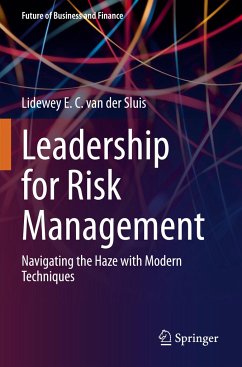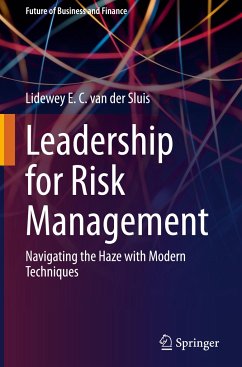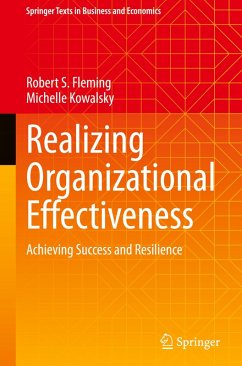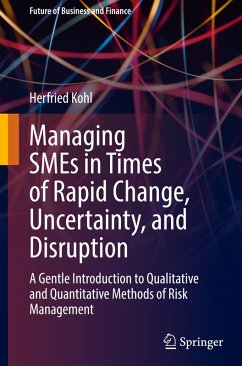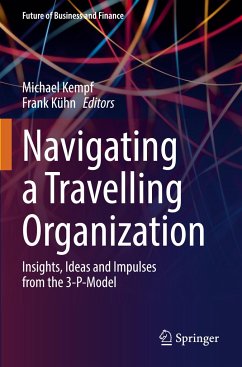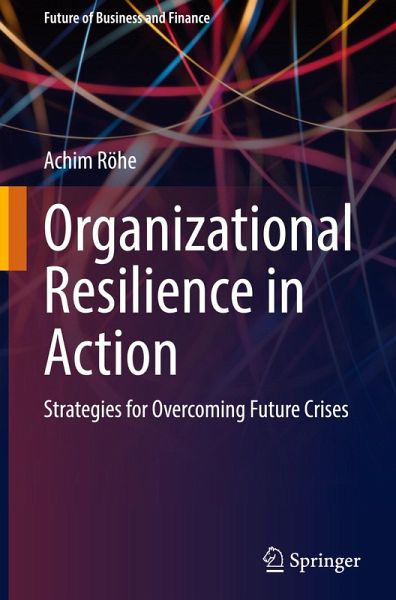
Organizational Resilience in Action
Strategies for Overcoming Future Crises
Übersetzung: Solomon, Neil

PAYBACK Punkte
27 °P sammeln!
In a rapidly evolving digital landscape, companies are increasingly driven by automation, where software algorithms replace human decision-making. This book explores the concept of the self-driving company, an organization that has reached a high level of automation through various stages of development. It tackles the critical question: Can we trust such automated entities? Using intuitive models and clear, practical examples, the book demonstrates how these future companies can develop resilience and effectively handle upcoming crises. It provides insights into how businesses can adapt and t...
In a rapidly evolving digital landscape, companies are increasingly driven by automation, where software algorithms replace human decision-making. This book explores the concept of the self-driving company, an organization that has reached a high level of automation through various stages of development. It tackles the critical question: Can we trust such automated entities? Using intuitive models and clear, practical examples, the book demonstrates how these future companies can develop resilience and effectively handle upcoming crises. It provides insights into how businesses can adapt and thrive in a volatile, uncertain, complex, and ambiguous (VUCA) world, making it essential reading for those interested in the future of digitalization and resilience management.





